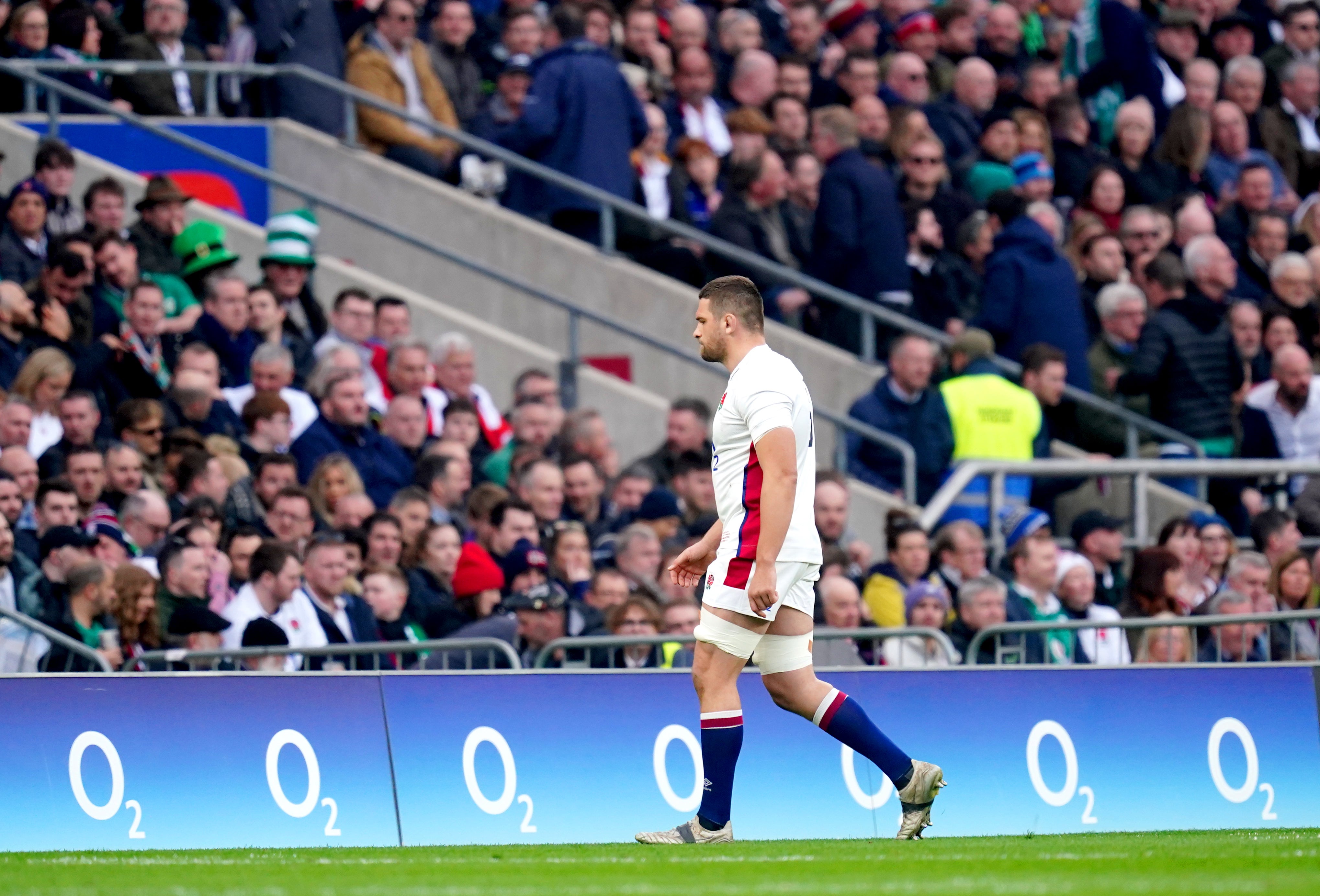Rugby bosses to consider bringing in 20-minute red card in global trial
England lock Charlie Ewels was sent off after 82 seconds against Ireland in the Guinness Six Nations

Your support helps us to tell the story
From reproductive rights to climate change to Big Tech, The Independent is on the ground when the story is developing. Whether it's investigating the financials of Elon Musk's pro-Trump PAC or producing our latest documentary, 'The A Word', which shines a light on the American women fighting for reproductive rights, we know how important it is to parse out the facts from the messaging.
At such a critical moment in US history, we need reporters on the ground. Your donation allows us to keep sending journalists to speak to both sides of the story.
The Independent is trusted by Americans across the entire political spectrum. And unlike many other quality news outlets, we choose not to lock Americans out of our reporting and analysis with paywalls. We believe quality journalism should be available to everyone, paid for by those who can afford it.
Your support makes all the difference.World Rugby will consider introducing the 20-minute red card as a global law trial despite concerns that it could diminish the deterrent effect.
The law, which is being trialled in Super Rugby, means the dismissed player can be tactically replaced by a substitute after 20 minutes.
England lock Charlie Ewels was sent off after 82 seconds against Ireland in the Guinness Six Nations last month, with many observers feeling the dismissal ruined the game as a contest.

World Rugby, however, is determined to keep lowering tackle heights and the Super Rugby trial so far has proved inconclusive.
“That’s been discussed before and will be discussed again,” World Rugby chief executive Alan Gilpin told the Daily Telegraph.
“It would be great if more competitions, even in a closed trial, would use it because that would give us more of an overview of the effect it would have on the game.
“We need to see more of the data to see whether that strikes the balance between safety and spectacle better.
“There is more work to do to analyse that and the concern is, if a team goes back to 15 players, is that enough of a deterrent to drive that behavioural change.
“We would like to see it trialled more widely before drawing any conclusions.”
Join our commenting forum
Join thought-provoking conversations, follow other Independent readers and see their replies
Comments